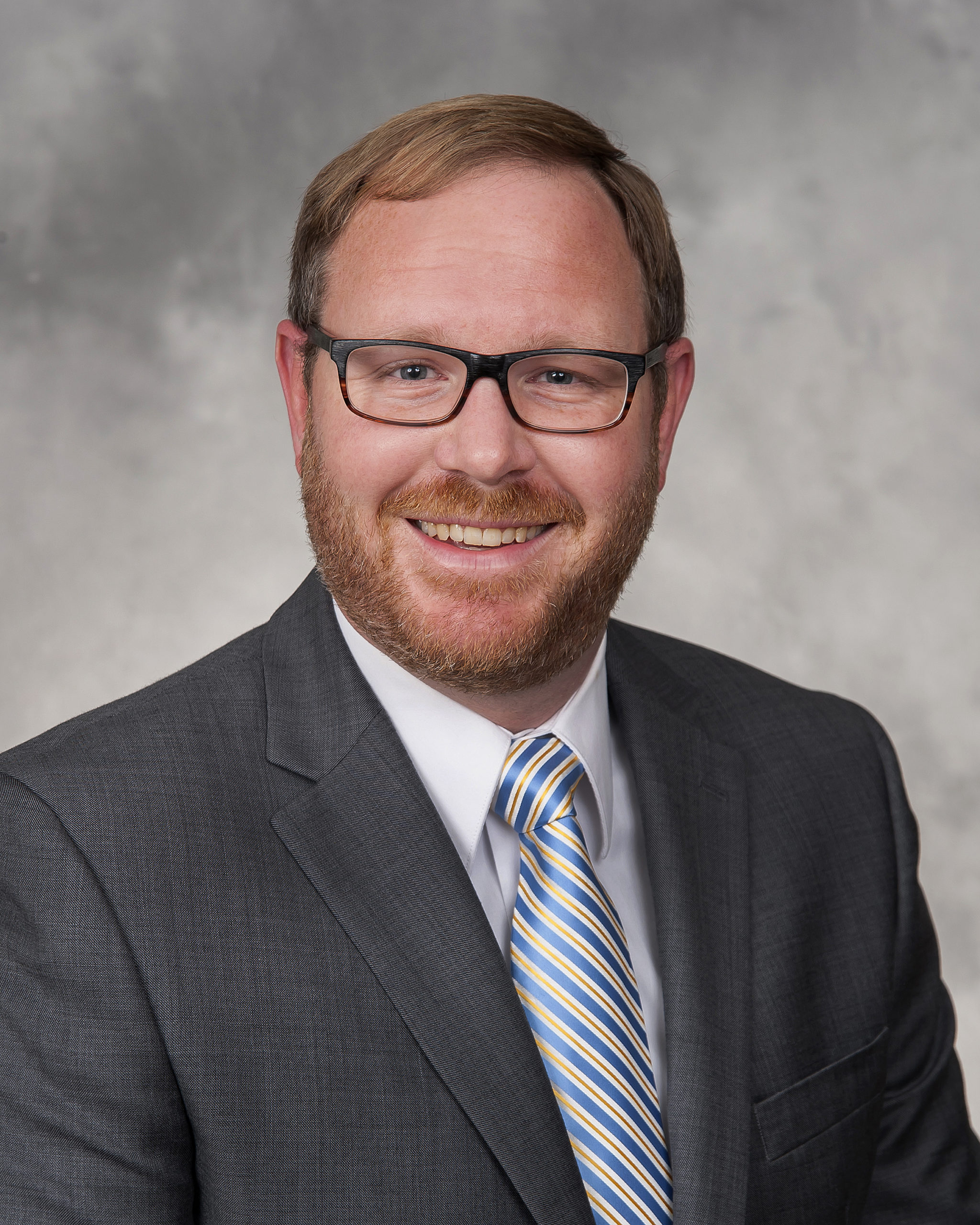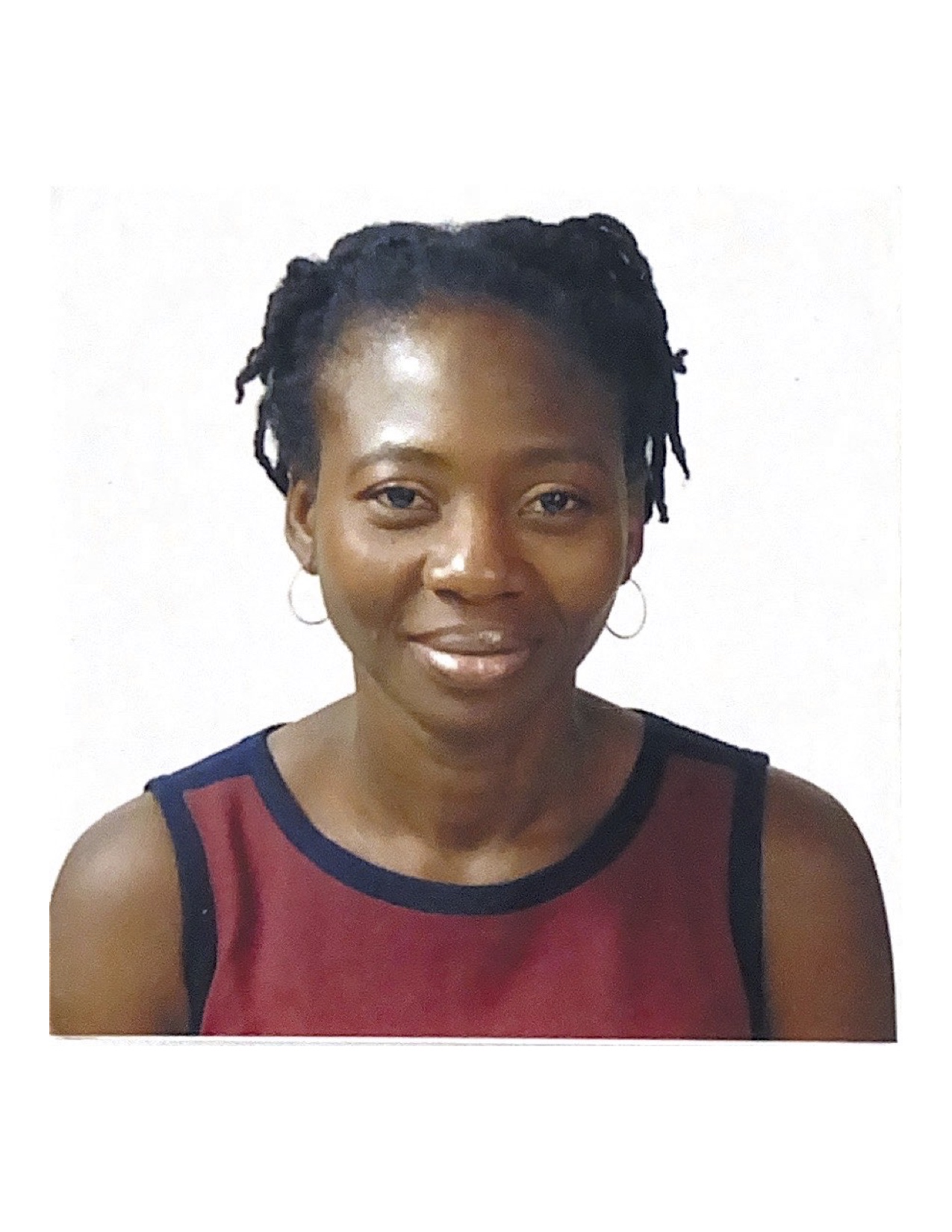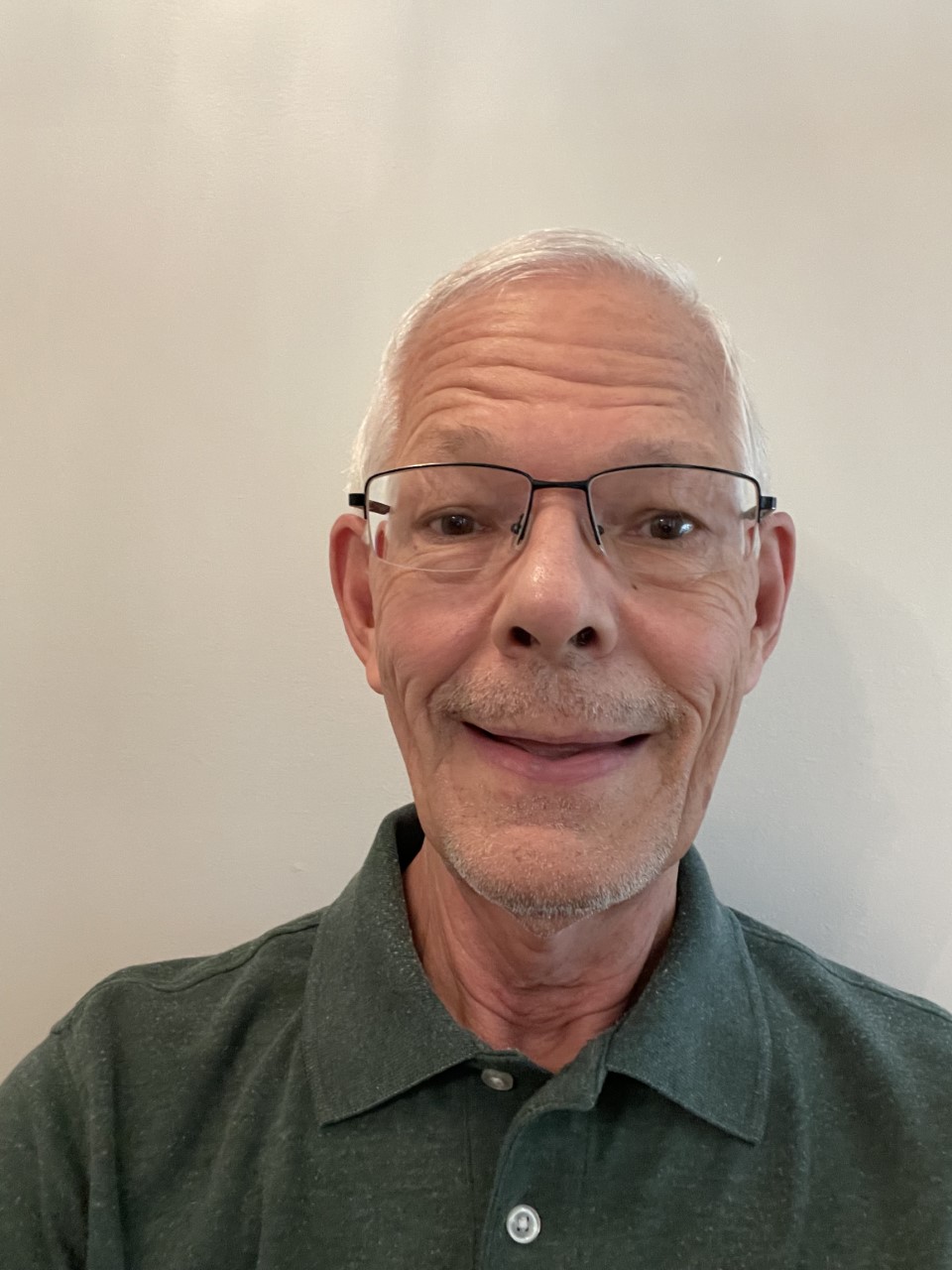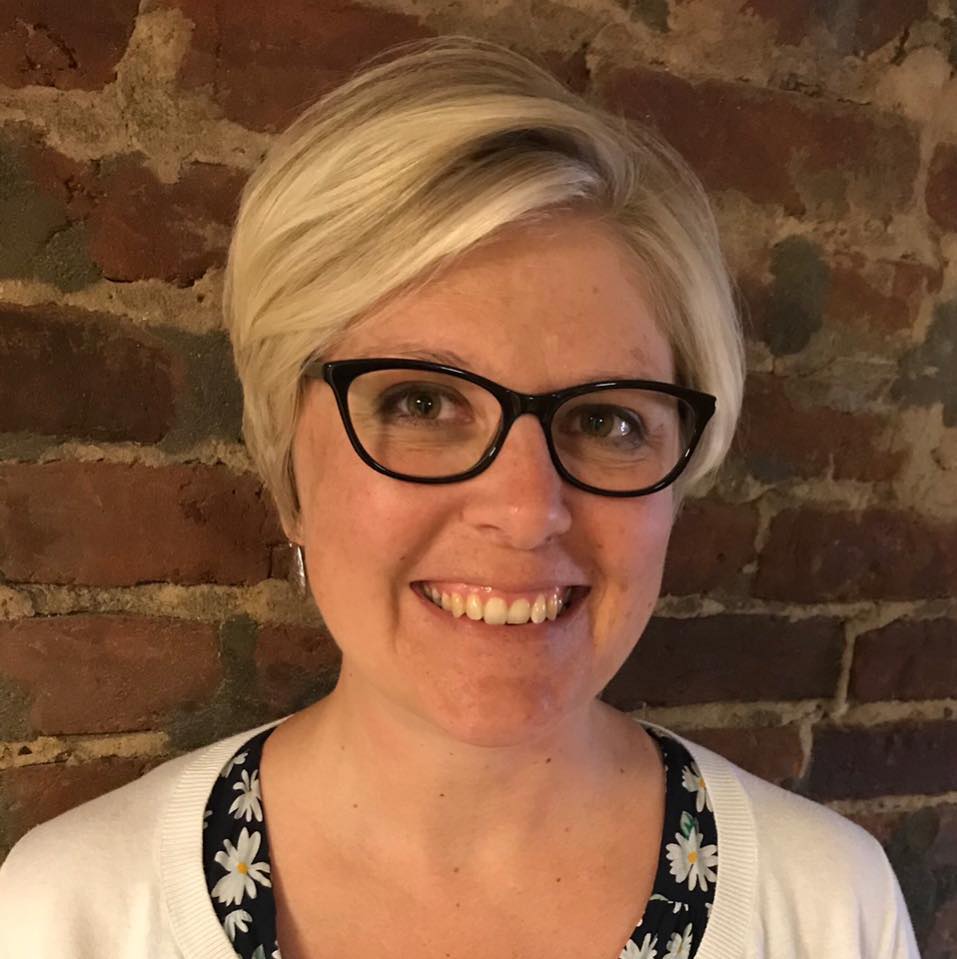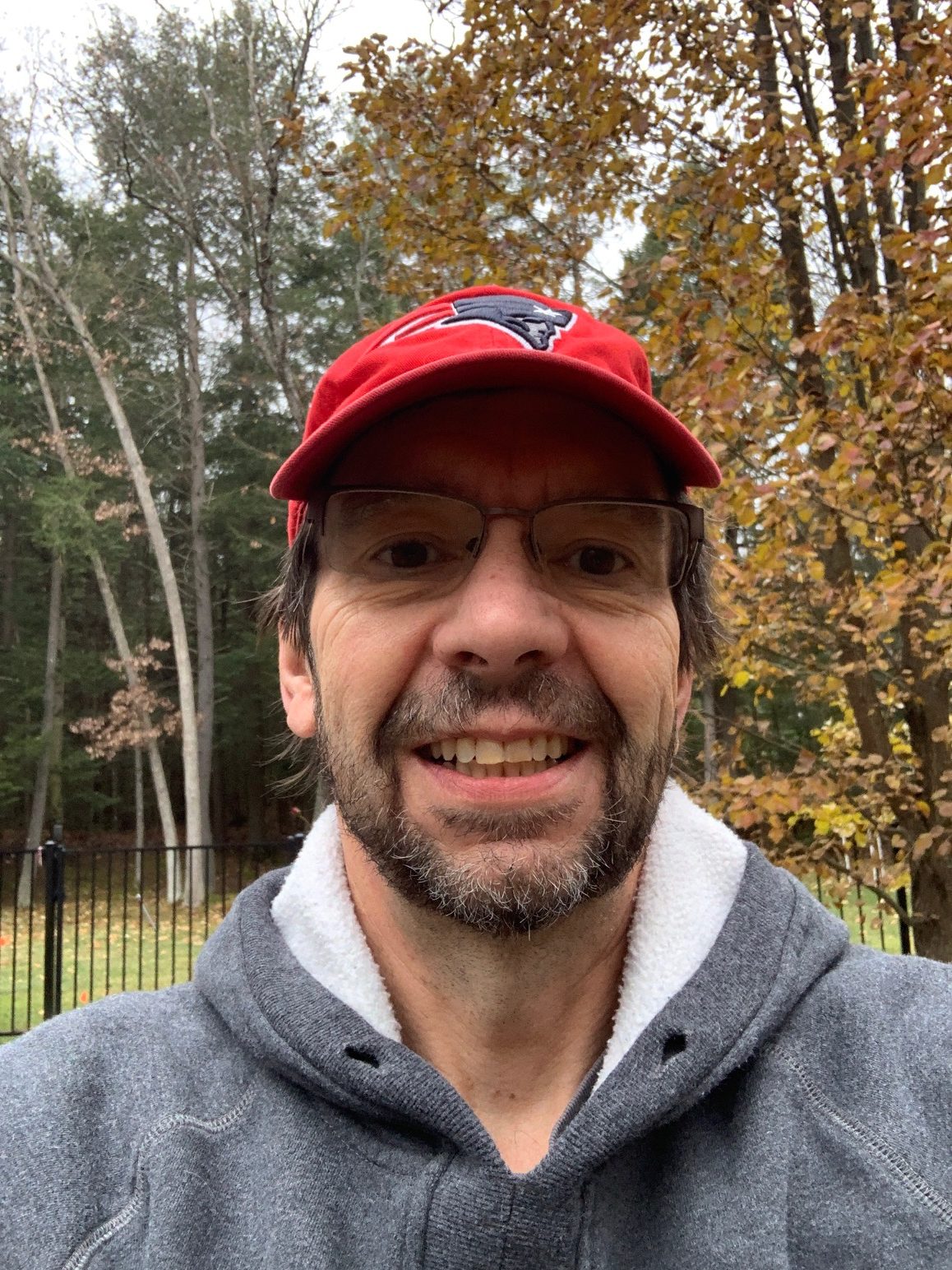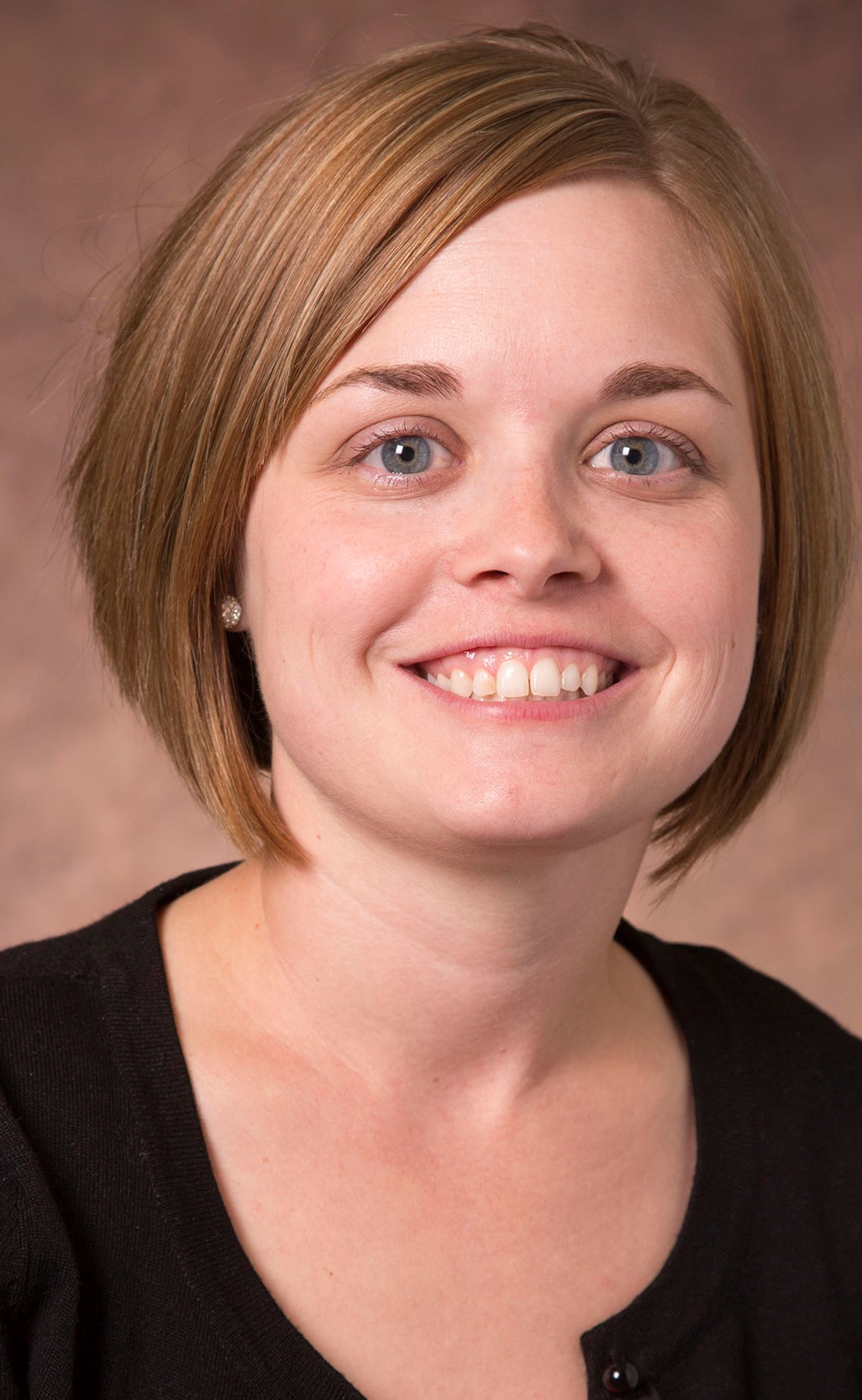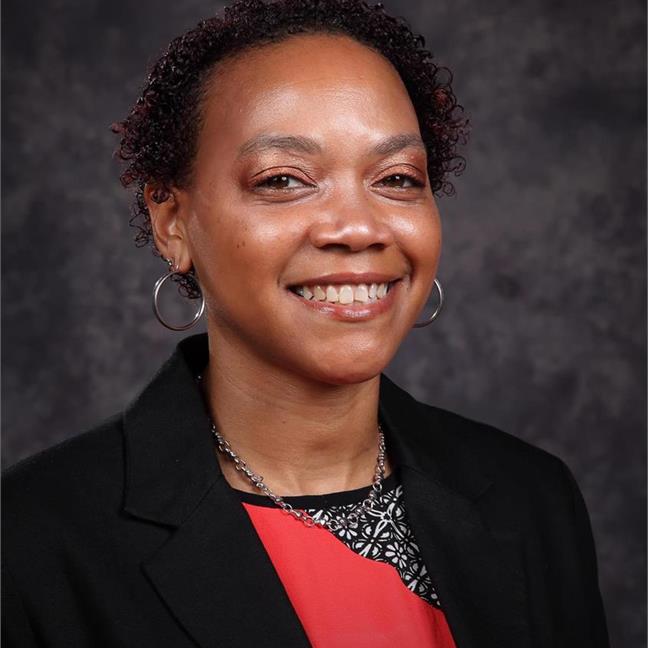Behavioral Health Treatment through Housing
Speaker(s):
Presentation:
The presenters will share information on the impact housing insecurity and homelessness has on a person’s health and cognition. Next, a review of the human hierarchy of needs and the impact on a person’s health, and the effectiveness of treatment when needs go unmet. We will then navigate the vast research on the Housing First Model and explain why it has become the most supported model to serve those experiencing homelessness and chronic behavioral health diagnosis.
Both presenters have years of working within the Housing First Model. With their expertise, they will present the model and bring case analysis demonstrating ‘real’ examples of how Housing First improves health outcomes and increases the effectiveness of any treatment.
Objectives:
- Describe signs and symptoms of the impact of housing insecurity and homelessness.
- Understand hierarchy of needs and impact on behavioral health conditions.
- Gain a basic understanding of Housing First Model.

